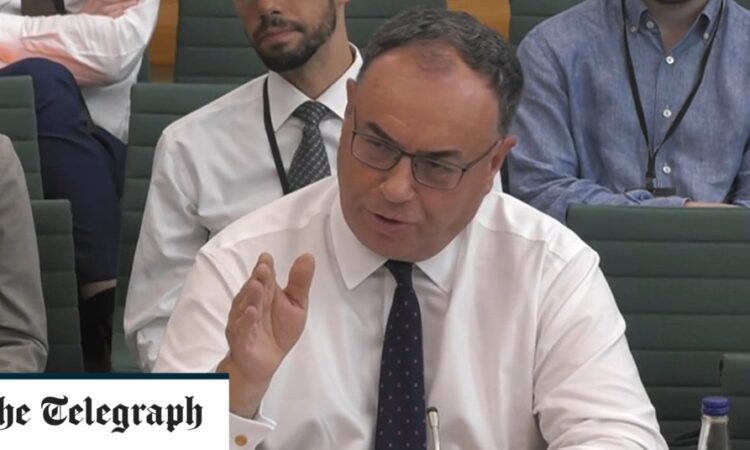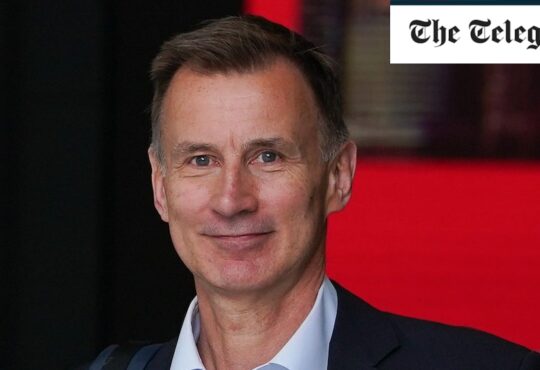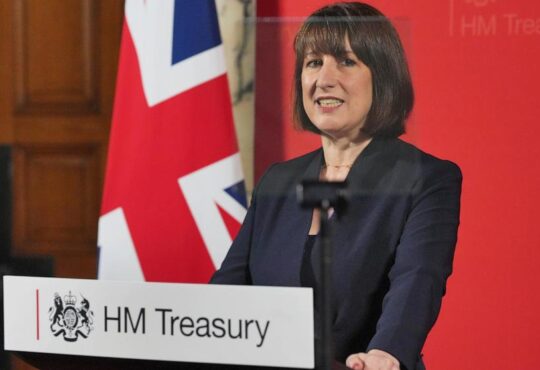
However, Mr Bailey said there were still parts of the economy that gave the Bank cause for concern when it comes to taming price rises.
The jobs market has been strong and workers have been pushing for pay rises to make up for losses in their living standards, which the Bank has warned risks embedding more inflation in the economy. The Governor has previously been criticised for suggesting that workers should not ask for a pay rise over fears it would drive up prices.
Mr Bailey said: “Wage bargaining is one thing that has surprised us the other way in recent months.
“The question now is, as headline inflation comes down… Will we see inflation expectations continue to come down, because we have seen them start coming down, and will that be reflected into wage bargaining?”
So far businesses surveyed by the Bank have said they expect pay rises to slow to 5pc next year. This would represent a fall from current rates, with pay surging by 7.8pc in the three months to June, the fastest pace since records began in 2001.
Mr Bailey has suggested that wage growth data is now the most important factor for the Bank when deciding interest rate policy.
He told MPs that he hoped the downward trend in inflation data would reassure households the Bank is on its way to meeting its 2pc target.
Mr Bailey said: “I hope people will become more confident it [inflation] is going to continue to come down because it has now come down quite noticeably, but there is a long way further to go.”
The Governor rejected suggestions on Wednesday that the Bank has been afflicted by groupthink which impaired its ability to see the burst in inflation coming.
“I am not in any sense dogmatic about how we approach the question of analysing inflation,” he told MPs.
“If you look at the voting pattern of the MPC I don’t think you would really conclude there was groupthink at the moment.”
At the most recent MPC meeting, policymakers were split three ways on interest rates, with six voting to raise the base rate by 0.25 percentage points, two calling for an increase of half a percentage point, and one voting to hold rates at 5pc.






